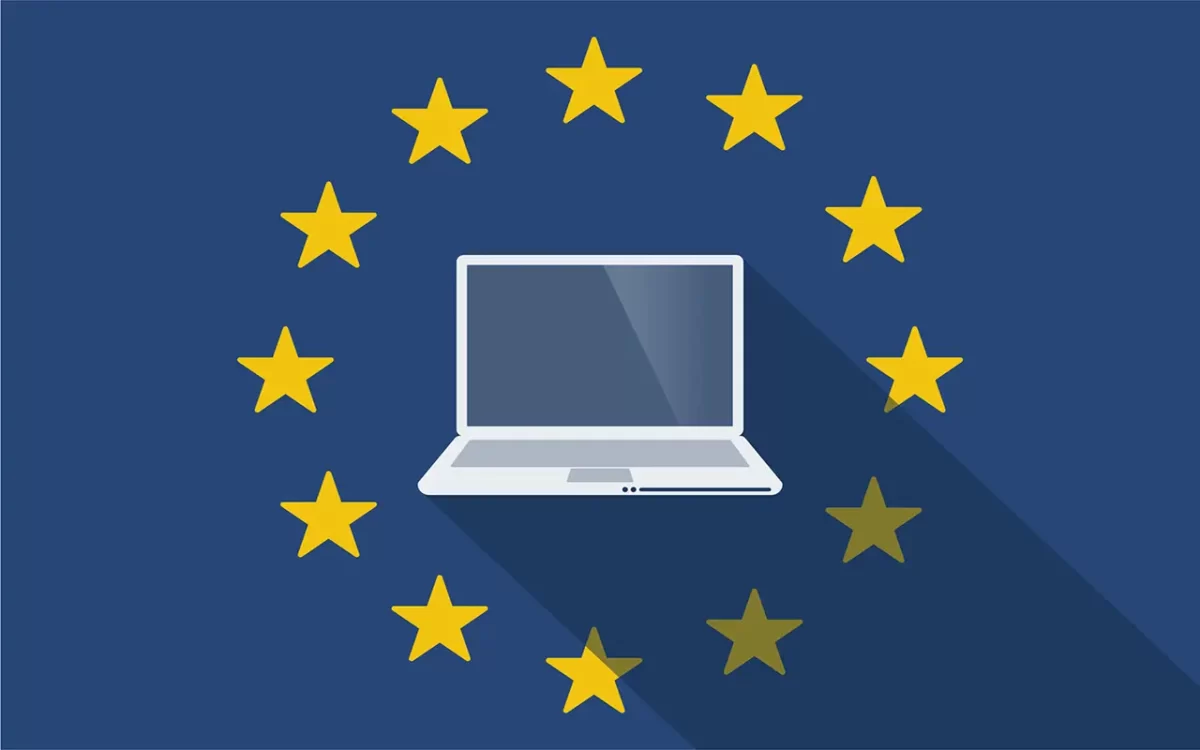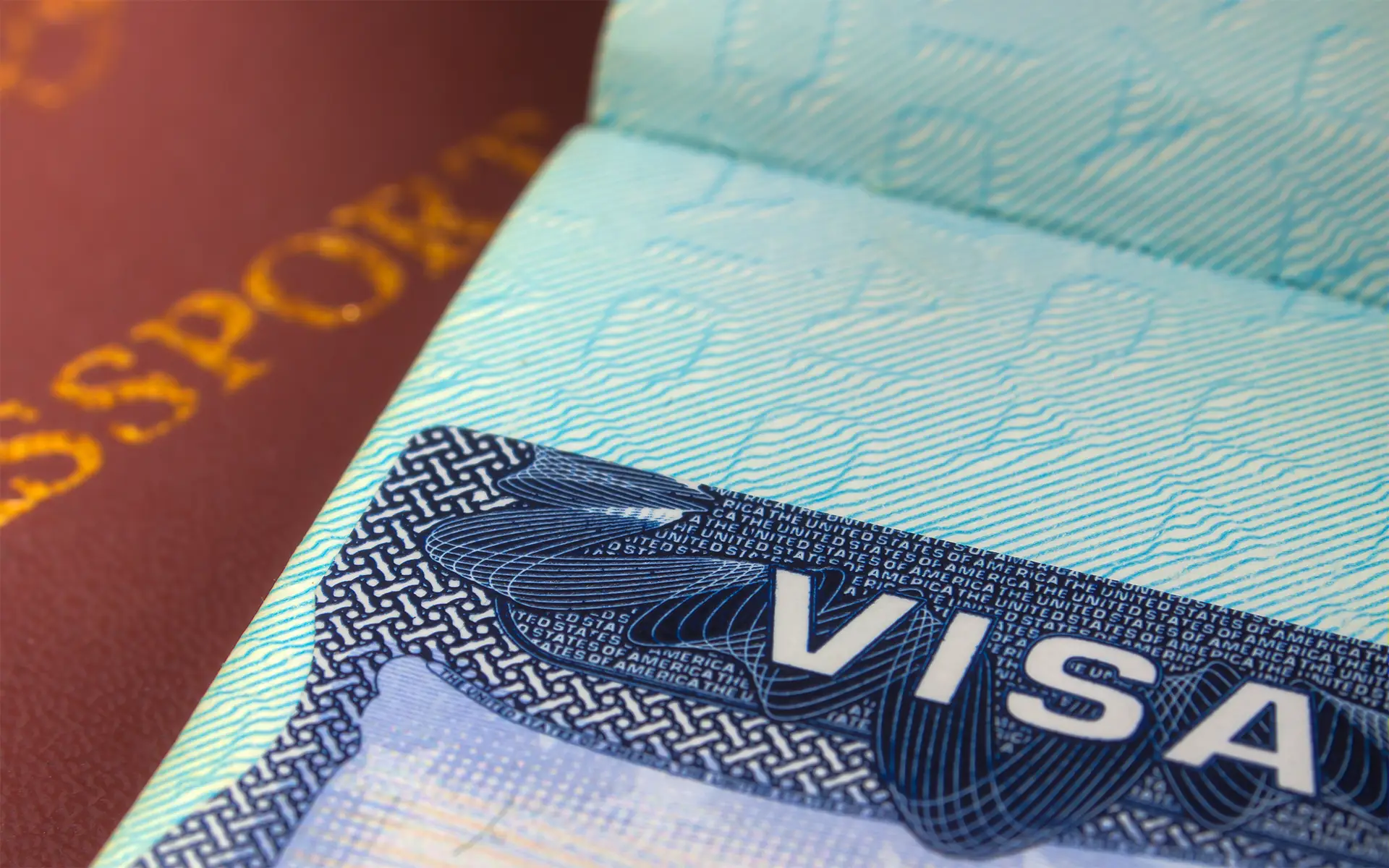
EU Council Provides Negotiating Mandate on Schengen Visa Digitalization Proposal
Today, 29 March 2023, the ambassadors of the European Union’s member states have reached an agreement on the Council’s negotiating mandate for the legislative proposal on the Schengen visa digitalization.
Introduced by the European Commission on 27 April 2022, this legislative proposal puts forward the idea of letting Schengen visa applicants submit their applications on an online platform, and receive a digital visa instead of a visa sticker.
Schengen visas in digital format will be harder to alter as they will come in the form of a cryptographically signed 2D barcode. These technological developments are expected to address relevant security risks, especially the ones linked to stolen visa stickers and counterfeit, and make the visa procedures safer, more effective, and hassle-free for both visa applicants and national authorities.
As for the online platform to obtain the new Schengen visas, it will consist of a single website that will redirect visitors to the relevant national visa systems of the Schengen area. Applicants will be required to provide personal data and electronic versions of travel documents and supporting documents. They will also have to pay visa fees, but that will be done on the same platform.
After a short time, the applicants will be notified about their application’s approval or refusal through online means, too.
If the applicants want to visit multiple countries in the Schengen area, the platform itself will be responsible for assigning the reviewing of the visa application to a certain member state, based on the length of stay. It will do this automatically, although the traveler will also have the option of designating a specific country to review his or her application if the purpose of travel requires it.
This way, very few applicants will need to go to the consulate in person. It will only be the case of people who apply for the Schengen visa for the first time, people who have new travel documents (such as a new passport), and people whose biometric data has expired (for example, the current Schengen visa policy states that the applicant’s fingerprints and other biometric data will be held in the Visa Information System (VIS) for 5 years. After that time, they have to be re-submitted at the consulate).
Swedish Minister for Migration Maria Malmer Stenergard said in a press release published by the Council of the European Union: “A digital Schengen visa will make it easier for legitimate travelers to apply and will at the same time help make the Schengen area safer. Online applications will reduce the number of trips to the consulate for travelers and make the process smoother for national administrations. At the same time, the digital visa will put an end to the risk of falsification and theft of the visa sticker.”
The Council presidency will shortly initiate talks with the European Parliament to determine the final wording on the negotiating mandate agreed today.




































































































